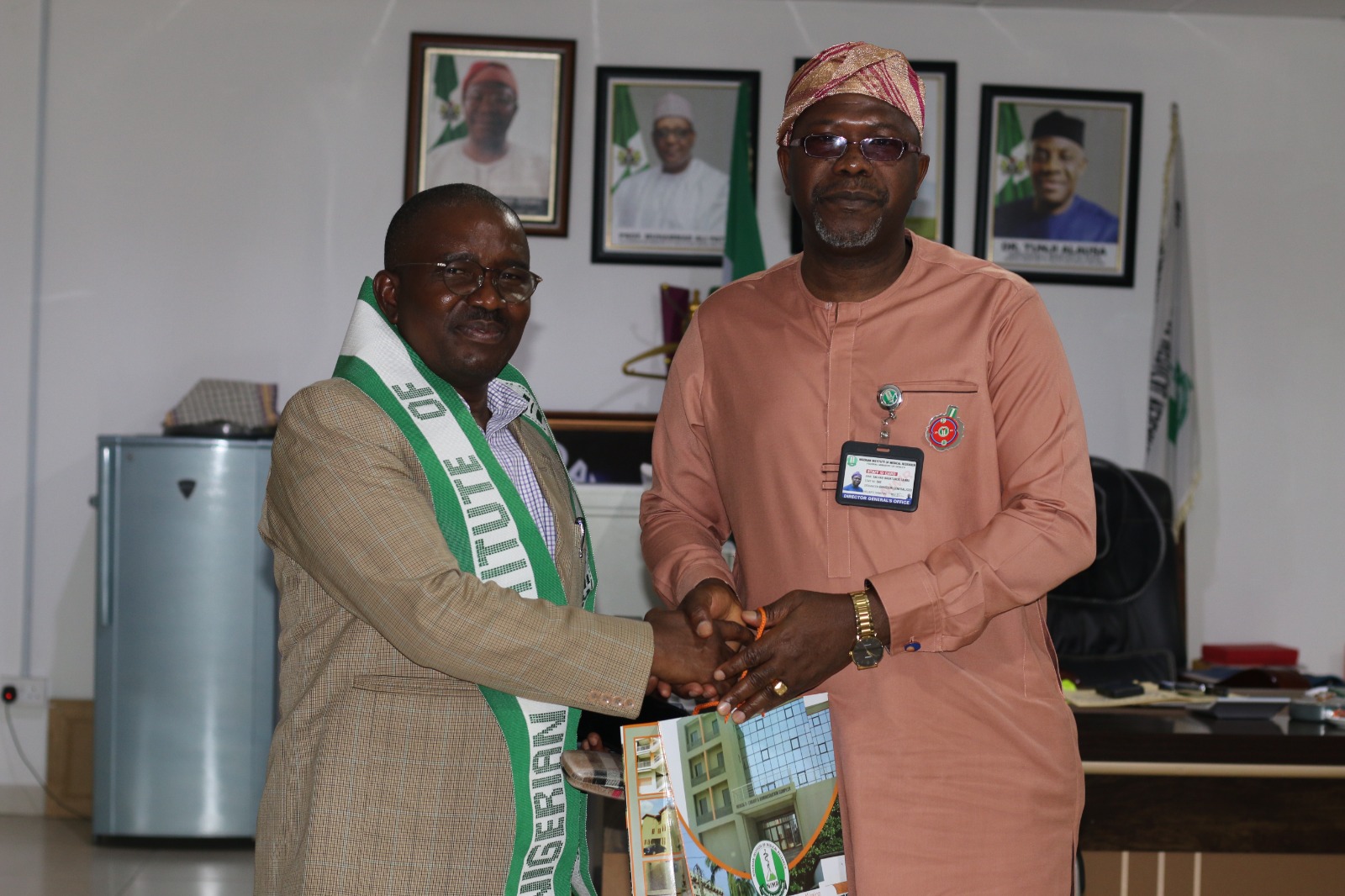Strengthening Social Behavioural Change Strategies for Malaria Elimination in Nigeria
The National Malaria Elimination Programme (NMEP) has taken significant steps to enhance its Social Behavioural Change (SBC) strategies, aiming to make its malaria elimination campaigns more effective and results-driven. This initiative comes as health communication experts and partners emphasize the need for a deeper understanding and stronger adoption of SBC approaches to accelerate progress toward malaria elimination in Nigeria.
The call for improved SBC strategies was made during a stakeholders’ meeting on Malaria SBC Formative Research by the NMEP. The event, held in Lagos, brought together representatives from government agencies, development partners, and civil society organizations. The three-day meeting focused on strengthening SBC interventions for malaria prevention and control.
During the meeting, Mr Raphael Onyilo, head of the Advocacy, Communication and Social Mobilisation (ACSM) branch of the NMEP, commended participants for their dedication to malaria elimination efforts. He emphasized that the engagement was a strategic step towards improving the programme’s behavioural interventions.
According to Mr Onyilo, the meeting aimed to review and validate findings from formative research on malaria SBC interventions, develop evidence-based strategies for the revised National ACSM Guidelines, and enhance participants’ capacity in SBC programming at the state and community levels.
“Our goal is to ensure that research outcomes translate into practical communication and community engagement strategies that make malaria interventions more effective,” he said.
In his presentation titled: “Introduction to Social and Behaviour Change (SBC),” Dr Fayman Omini, a specialist from the Institute of Social Change, Development and Innovation (ISCODI), explained that SBC is a deliberate, evidence-based, and systematic process designed to foster positive behavioural shifts at individual, household, and community levels.
He noted that SBC goes beyond raising awareness to addressing the social, cultural, and structural factors influencing health-related behaviours.
“This approach represents a strategic evolution from the earlier ACSM and SBCC frameworks to a more holistic, systems-oriented process,” he said.
Dr Omini added that some implementation challenges in public health programmes, including those targeting malaria, stemmed from a limited understanding of the new SBC framework within existing ACSM structures.
During the interactive session, he raised concerns about the tendency to design health campaigns based on assumptions rather than evidence.
“Behavioural change cannot be achieved by messaging alone; we must identify the specific barriers, whether structural, social, or economic that prevent people from adopting healthy practices,” he said.
He stressed that understanding why people behave the way they do is critical.
Representing the ACSM Unit of NMEP, Mrs Owoya Samuel delivered a presentation on Advocacy, Communication and Social Mobilisation (ACSM) and its role in promoting malaria-desired behaviours and mobilising resources for elimination efforts.
She explained that the ACSM branch focused on securing political commitment, engaging the private sector, and driving community participation to enhance uptake of malaria interventions.
Mrs Samuel highlighted that the objectives of the ACSM branch aligned with the National Malaria Strategic Plan (NMSP) 2025-2030, but lamented that inadequate funding and low prioritisation of ACSM activities by government and partners continued to hinder progress.
Speaking at the meeting, Dr Lynda Ozor, malaria programme manager at the World Health Organisation (WHO), emphasised the need for evidence-based social and behavioural change (SBC) interventions to effectively combat malaria in Nigeria.
She said communication alone could not address the structural barriers hindering progress toward malaria elimination in the country.
Dr Ozor said the meeting was convened to strengthen collaboration among partners and government agencies in promoting effective behavioural change strategies for malaria prevention and control.
“The meeting is very critical because if we have interventions out there and they are not being used, then it is as good as nothing,” Dr Ozor said.
“Strategic behavioural change targets everyone in the value chain – from service providers to caregivers, communities, and the government. If we can reach all the stakeholders and ensure optimal uptake of interventions, we will accelerate our journey towards malaria elimination,” she added.
She noted that despite Nigeria’s large population, which often tends to skew regional statistics on malaria, the country had made notable progress in disease control.
“From 2010 to 2022, malaria prevalence in Nigeria dropped from 42 per cent to 22 per cent. We are currently conducting another survey and expect to see further decline. With stronger political will, universal coverage, and proper use of interventions, we are on the right trajectory to eliminate malaria,” she said.
Representatives of partner organisations, including the WHO and Society for Family Health (SFH), delivered goodwill messages, reaffirming their commitment to supporting NMEP’s SBC and ACSM initiatives.
